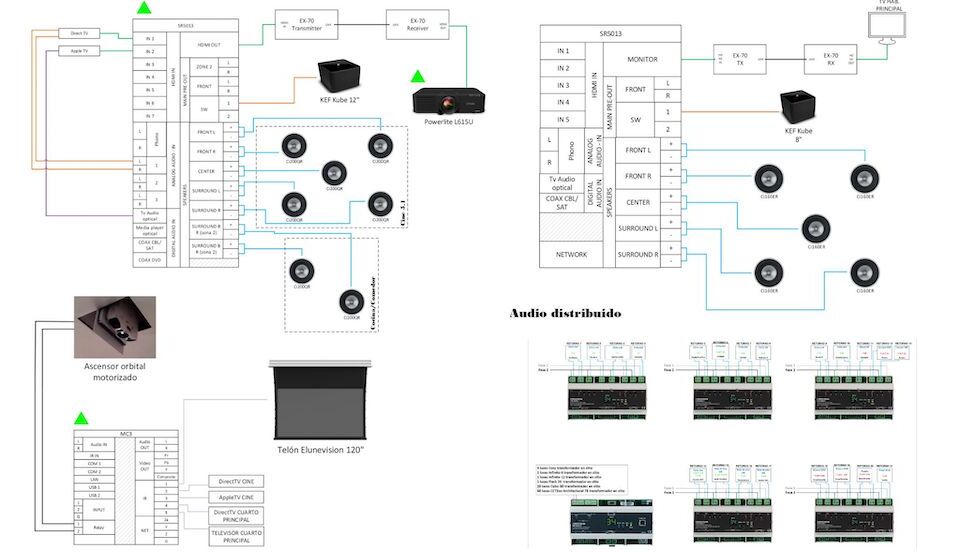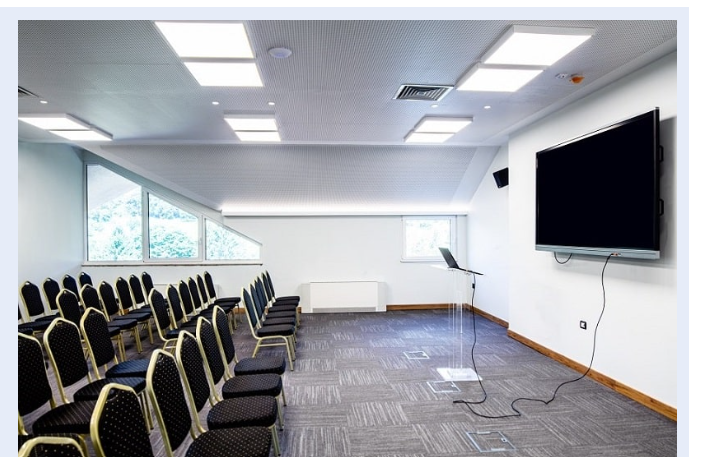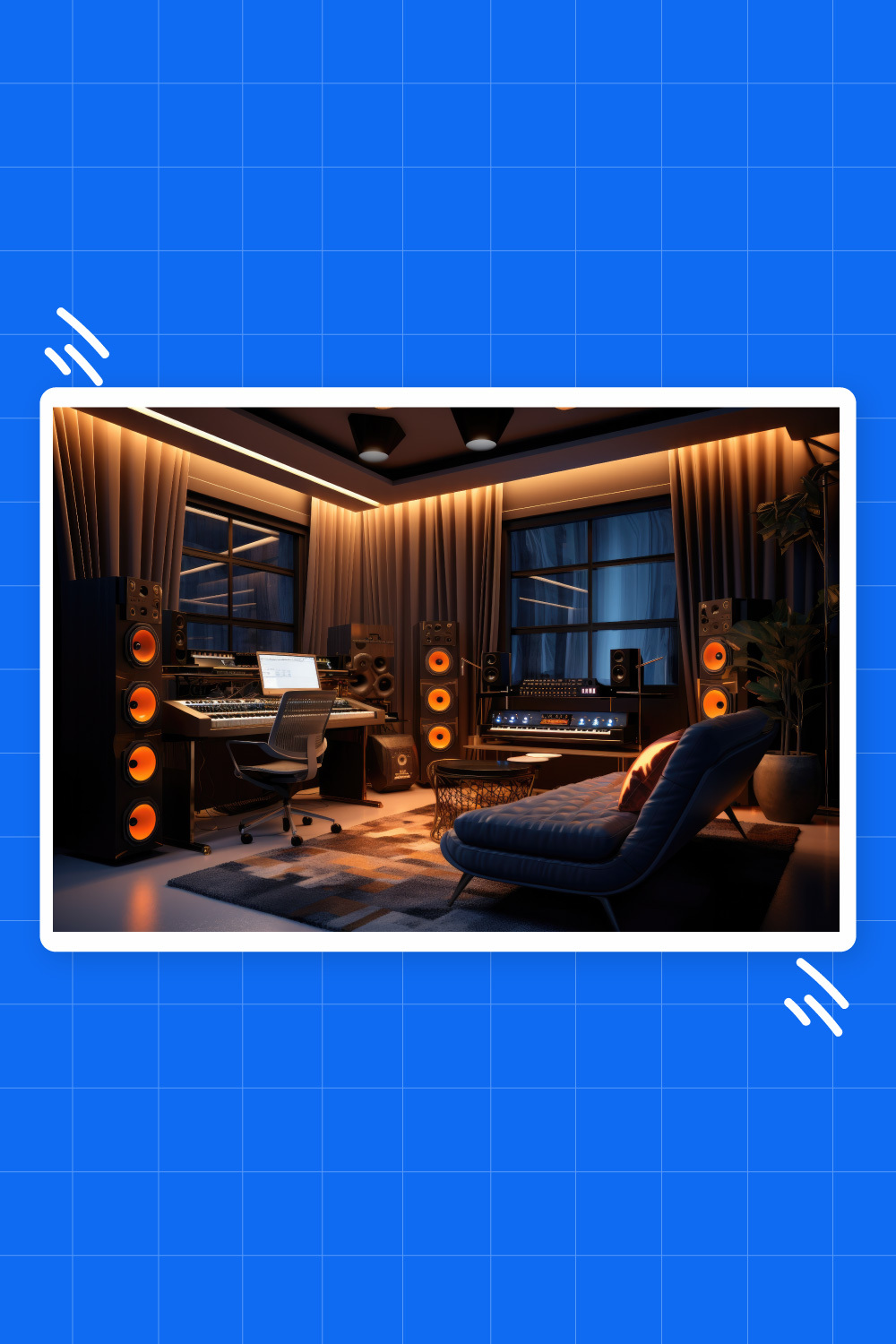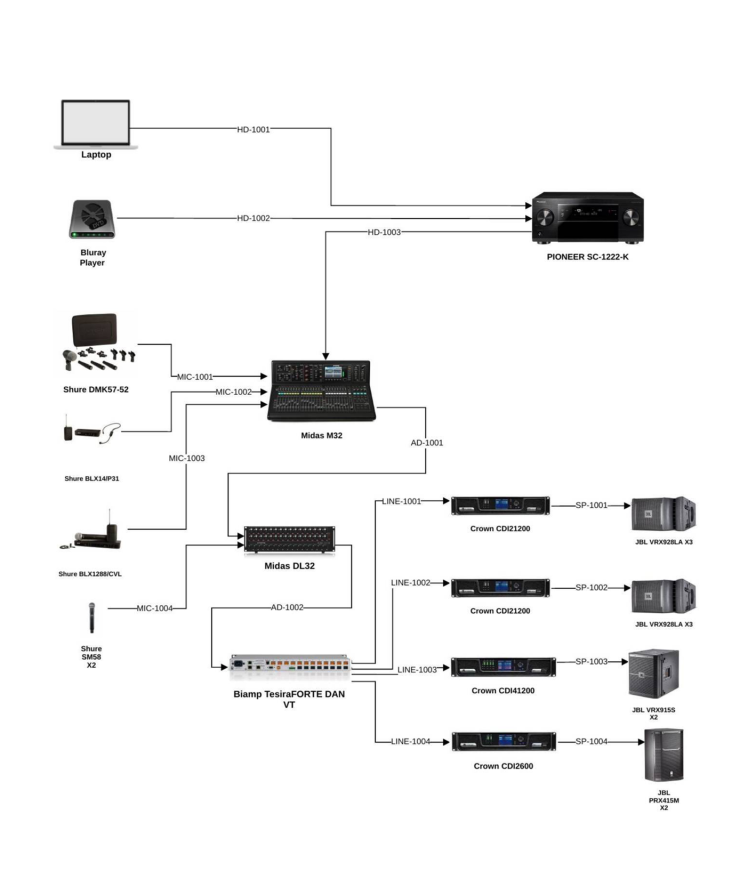Beginner’s Guide to Using a Projector Screen Distance Calculator
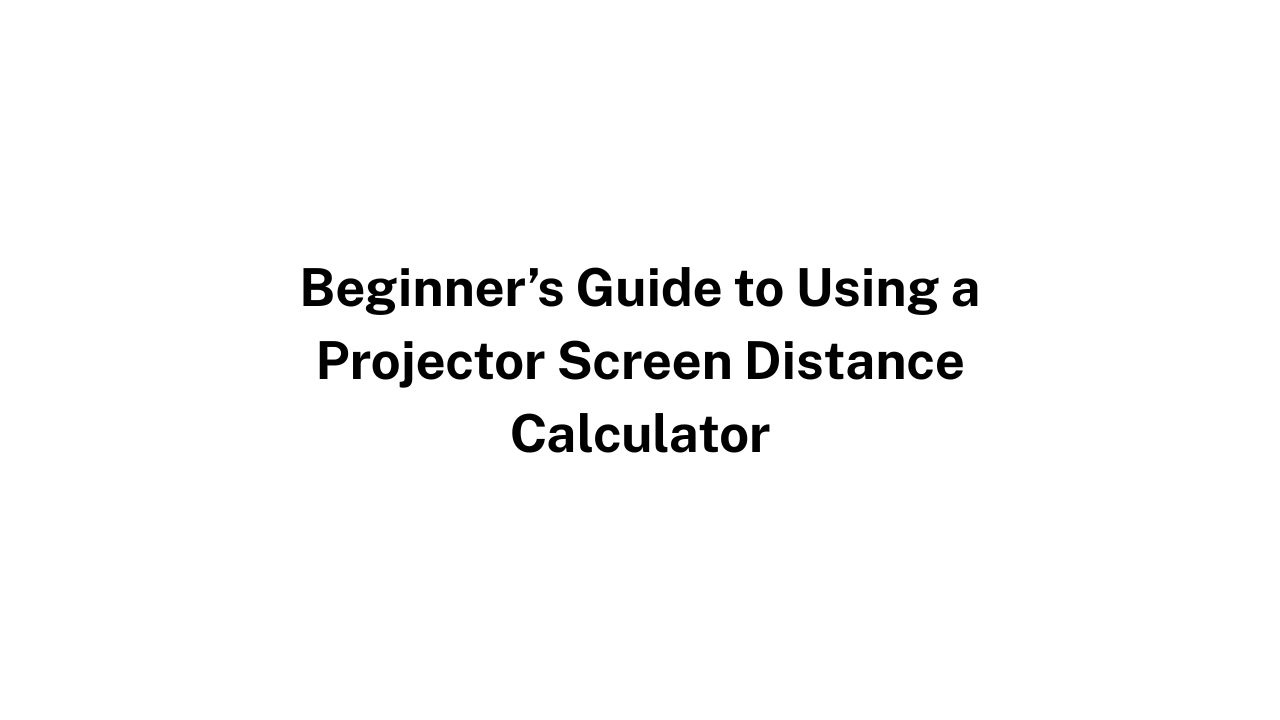
Strong 8k brings an ultra-HD IPTV experience to your living room and your pocket.
Before diving into the technicalities of projection distance and screen setup, let’s talk about where it all begins — XTEN-AV, a leader in intelligent AV design automation. For beginners and pros alike, XTEN-AV provides tools that not only calculate distances and dimensions but also integrate them into complete AV project designs, BOMs, and drawings. Whether you're planning a home theater, a classroom AV setup, or a large-scale auditorium installation, XTEN-AV helps you lay it all out with precision.
And when it comes to screen placement and projector mounting, one of the most underrated yet essential tools is the projector screen distance calculator.
Why Screen Distance Matters
When setting up a projector system, whether it’s in your living room or a large conference hall, distance is everything. How far your projector sits from the screen affects:
- Image size
- Picture clarity
- Keystone distortion
- Viewer comfort
- Mounting location
- Cable management
Misjudging the distance could mean washed-out images, blurred focus, or screens that just don’t fit your space. Enter the projector screen distance calculator — a tool that makes accurate planning not only possible but simple.
In this comprehensive beginner's guide, we’ll break down how this calculator works, why it’s important, and how to use it effectively for a perfect viewing experience.
What Is a Projector Screen Distance Calculator?
A projector screen distance calculator is a digital tool (usually web-based or embedded in AV platforms like XTEN-AV) that helps determine the optimal distance between your projector and the screen.
Depending on the input — screen size, projector model, throw ratio, or room dimensions — the calculator provides:
- The best mounting location
- Compatible screen sizes
- Zoom and lens recommendations
- Image coverage
It’s especially useful for beginners who may not be familiar with technical terms like throw ratio or offset.
Understanding the Basics – Throw Ratio and Projection Distance
What Is Throw Ratio?
Throw ratio is the ratio of the distance from the projector to the screen divided by the width of the projected image.
Formula:
Throw Ratio = Throw Distance / Image Width
A projector with a 1.5:1 throw ratio must be placed 15 feet away to create a 10-foot-wide image.
Why It Matters
The throw ratio tells you how far back your projector should be placed to get the desired image width. Short throw projectors can create large images from short distances (great for tight spaces), while long throw projectors are ideal for large venues.
Using a projector screen distance calculator, you won’t need to calculate this manually — it does all the math for you.
Who Should Use a Projector Screen Distance Calculator?
This tool is perfect for:
- Homeowners creating home theaters
- Educators planning classroom AV setups
- AV integrators designing corporate or retail systems
- Event planners setting up projection at live venues
- Architects and engineers needing spatial precision
- Churches installing projectors for sanctuaries or halls
For all of these users, XTEN-AV offers calculators that can be integrated into full system designs and drawings, making screen distance planning seamless.
Common Projection Scenarios and Calculator Use Cases
Corporate Conference Room
- Room Size: 25 ft x 20 ft
- Screen Size: 110-inch diagonal
- Projector: Ceiling-mounted, standard throw
Using a projector screen distance calculator, you determine the ideal projector placement between 11.5 and 17 ft from the screen. The calculator also recommends adjusting the lens zoom range and vertical lens shift for perfect screen fit without image distortion. XTEN-AV’s smart algorithms even help incorporate ceiling height and fixture positions.
Art Installations or Projection Mapping
- Projection Surface: Non-traditional (walls, sculptures, irregular geometry)
- Projector Placement: Angled or off-axis
Calculators like those built into XTEN-AV allow users to simulate image coverage and geometry corrections. They provide advanced keystone, warping, and screen geometry settings to calculate projection distances for complex surfaces.
Features to Look for in a Good Projector Screen Distance Calculator
Choosing the right calculator can make or break your AV planning process. Here are enhanced features you should look for:
Bi-Directional Calculation
A top-tier calculator should allow both forward (from projector to screen) and reverse (from screen to projector) calculations. XTEN-AV includes both methods so that you can either:
- Set your projector’s distance and calculate the optimal screen size.
- Set your screen size and calculate the perfect throw distance.
Smart Brand-Specific Model Inputs
It’s incredibly useful when calculators recognize actual projector brands/models. XTEN-AV maintains an extensive database of manufacturer specifications, so when you input a model number, it automatically fills in throw ratio, zoom range, lens type, and offset specs.
Offset, Lens Shift, and Keystone Correction Visualization
A good calculator factors in:
- Vertical/horizontal offset values
- Lens shift ranges
- Keystone correction angles
XTEN-AV visually simulates these adjustments within a layout canvas, letting you plan around potential alignment issues.
Wall-to-Wall Planning Support
Not every room is a clean rectangle. The calculator should allow you to input:
- Irregular wall lengths
- Window or obstruction positions
- Height constraints
XTEN-AV excels here by allowing CAD-level drawing tools to be combined with distance calculations.
Mistakes to Avoid When Using a Projector Screen Distance Calculator
Even with the best tools, it’s easy to fall into beginner traps. Avoid these common errors:
Mistake 1: Not Verifying Zoom Capabilities
Just because your projector fits the distance doesn’t mean your zoom range supports that distance for the image size. Always verify minimum and maximum zoom distances using the calculator.
Mistake 2: Assuming All Screens Are Equal
Projection on matte white, high-gain, or ambient-light-rejecting (ALR) screens impacts viewing angle and throw distance. Some screen materials amplify brightness but narrow viewing angles. Always match screen type with your projection specs.
Mistake 3: Overlooking Light Conditions
Ambient light can drastically reduce image quality. Many calculators let you factor in lumens and lighting to suggest whether your projector can handle the environment. XTEN-AV offers environment simulation features.
Mistake 4: Not Planning for Future Upgrades
If you’re planning permanent installations, allow flexibility. Wall mounts and ceiling brackets should accommodate newer, future projectors, especially if you intend to scale your setup later.
Why XTEN-AV’s Calculators Stand Out
XTEN-AV doesn’t just offer a projector screen distance calculator—it delivers a design-integrated calculation engine for full AV systems. Unlike standalone tools, XTEN-AV is part of a larger, intelligent AV ecosystem. The platform not only calculates throw distance and screen size but integrates those values into:
- System schematics
- Signal flow diagrams
- Rack layouts
- Power and cable calculations
- Final proposal documents
Use Case: An XTEN-AV Projector Setup in Action
An AV integrator designs a 150-seat training room. After using XTEN-AV’s projector screen distance calculator, the platform recommends:
- A 160” screen
- A standard throw projector with 1.6:1 lens
- Ceiling mount 21 feet from the screen
- Signal amplification due to long cable run
- Specific lens shift settings due to lowered ceiling
All of this is bundled into a ready-to-present proposal, including PDF drawings, CAD outputs, and a dynamic bill of materials — saving hours of manual work.
Conclusion
Using a projector screen distance calculator is one of the smartest decisions you can make when setting up any projection system—whether it’s for a cozy home theater, a corporate boardroom, a classroom, or a worship space. It takes the guesswork out of the equation and replaces it with precision, ensuring that every inch of your screen is optimized for clarity, brightness, and comfort.
With tools like XTEN-AV, you're not just calculating distances—you’re building an entire AV system with professional-grade accuracy. From screen sizing and throw distance to environmental considerations and CAD drawings, XTEN-AV gives you everything you need in one platform. What was once a complex, trial-and-error process is now simplified, visualized, and automated.
Note: IndiBlogHub features both user-submitted and editorial content. We do not verify third-party contributions. Read our Disclaimer and Privacy Policyfor details.



